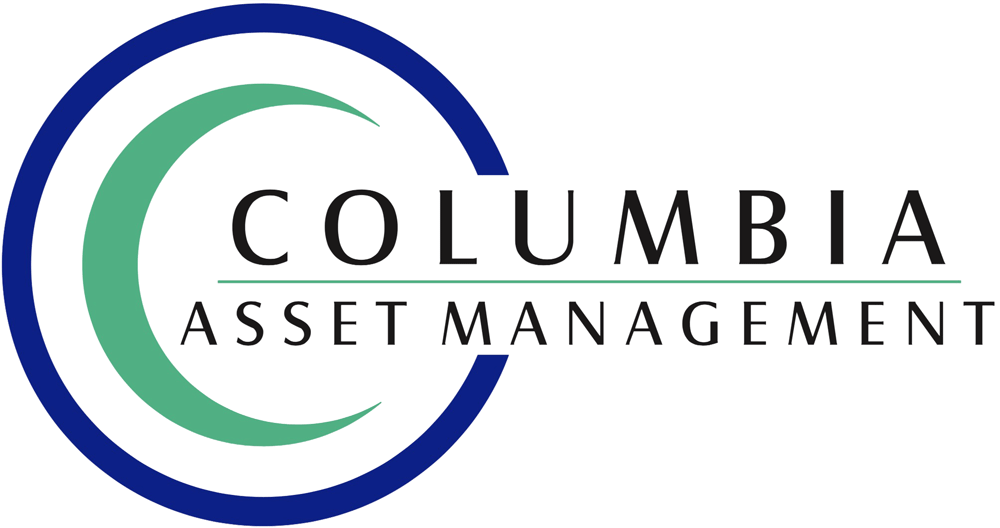 Bye Bye 2022
Bye Bye 2022
Though most ‘experts’ predicted a good year for the markets, 2022 turned out to be one of the worst overall (including stocks and bonds) in 50 years. Are experts clueless? No, but it does confirm that no one can consistently predict the stock market’s direction over the short term.
Inflation was the number one issue during 2022, but there were many concerns, as is true most years. Tough years are an unfortunate but unavoidable part of the investment spectrum. It confirms the need to think and act with patience and a long-term perspective and not be distracted only by current news and events. Warren Buffett calls these times ‘a redistribution of wealth from the impatient to the patient’. Be in the latter camp – it’s both easier to navigate and ultimately more rewarding!
Too Many Choices
People want choices, yet they often find too many choices daunting and ultimately (and ironically) limiting. Studies have shown that if someone is given too many choices, they either give up or make their choice based on something basic and suboptimal, such as flipping a coin, choosing something because of a name, or the first selection they see.
I’ve noticed this phenomenon when I search on Amazon or a clothing website. If there are too many choices (say, maybe more than one screen’s worth), I change my search to limit things or pick something close to the top, thus limiting my choices somewhat randomly.
People often build new homes because they can pick their own custom features. However, they often get tired of the countless choices (“Where would you like the light switches? What drawer pulls do you want? What kind of shower head?”) and ultimately have to find ways to limit options to not get overwhelmed.
In the investment world, the challenge of too many choices often appears in 401k plans. I’ve seen all sorts of 401k plans with investment options numbering from just a few to over 100. At first, it would seem the more the better. However, at some point people feel overwhelmed by their choices and shut down–far from an ideal outcome, particularly when selecting investments for retirement.
Having to pick the ‘right’ choices from so many options seems untenable, particularly for non-professionals, which 401k participants usually are. Companies do their employees a favor by offering fewer but higher quality, diverse investment options, thus allowing workers to more comfortably select a quality subset of selections. This seems terribly important given that U.S., workers are now usually in charge of their retirement investment choices and planning – a pretty big ‘ask’ for the average person.
It’s Not Where You Are….
Human psychology suggests that people are more concerned and motivated by where they are heading rather than where they actually are. Even if circumstances haven’t been going well, if one feels things are improving, there’s a sense of optimism and relative contentment. Conversely, even if you’re at the top of your game, if you feel you might be losing ground, there’s a sense of concern and unease, even if you seem to ‘have it all’ at the moment. This is why some very successful people seem paranoid – they are likely concerned about losing their lofty place, and with perhaps good reason!
Capitalism works because there is a sense that one can improve their circumstances and thus have some control over their future. Even if someone is not well-off, if there’s a sense that things are getting better (or at least can get better) there’s a sense of optimism and positivity.
With investments, this concept holds true as well: the market loves and rewards companies that are growing and have promise of greater growth ahead. The market also tends to reward struggling companies that appear on the verge of notable improvements, and in fact, these situations can be very profitable to investors. Conversely, if a company’s growth is slowing, even if it has been spectacular, its stock price usually falls, sometimes dramatically (see Tesla of late). Thus, investors need to anticipate what’s coming next and not just now.
Trust the Process
The best results in most anything ironically occur when the focus and priority are on something other than the result itself. Many of the best sports coaches focus on fundamentals and teamwork, knowing if those elements are in place and rock solid, wins will follow. Coaches who focus first and foremost on wins, tend to overlook problems that bring down teams, resulting in a compromised environment AND ultimately (and ironically) fewer wins.
The Cleveland Browns signed star quarterback DeShaun Watson to a giant and guaranteed contact, even though he’s been accused of sexual assault by scores of women. What kind of organization wants to have their on-field leader saddled with that history? This all-in, pay-the-leader-a fortune to win has already been shown to not work with a stand-up person like Russell Wilson of the Denver Broncos.
Companies need to follow similar ‘rules’. If profits (wins) are your only focus, the company will likely make choices and decisions that are both compromised AND, ironically less profitable. Instead, companies that focus on quality of products and services plus proper treatment, compensation and support of ALL employees, often profit handsomely by doing the right thing.
The 3 (Un)Wise People
The front page of the November 19th Wall Street Journal featured three headlines: one about Elizabeth Holmes (Theranos), another about Sam Bankman-Fried (FTX crypto) and thirdly Elon Musk (Twitter). None of the articles painted a positive picture. Holmes has been convicted of defrauding investors and recently sentenced to 11 years in prison. Bankman-Fried appears largely responsible for the bankruptcy of FTX and the loss of billions of investor dollars as he blindly ‘managed’ his company. Musk, while not apparently breaking any laws, is implementing mass-firings and threatening remaining Twitter employees of the same if things don’t ‘improve’ and they work even harder.
These simultaneous examples of company leaders’ malfeasance reinforce the need for high-quality, moral, common-sensical leadership for companies to thrive long-term. All three of these leaders created buzz for their companies and themselves that ultimately and dramatically failed. Quality leadership, like good news, doesn’t need to draw attention to itself because it should speak for itself.
Brian Weisman, CFA,CPA,CFP,CMA
(734)665-1454

 Maybe A Different Perspective Is Useful
Maybe A Different Perspective Is Useful